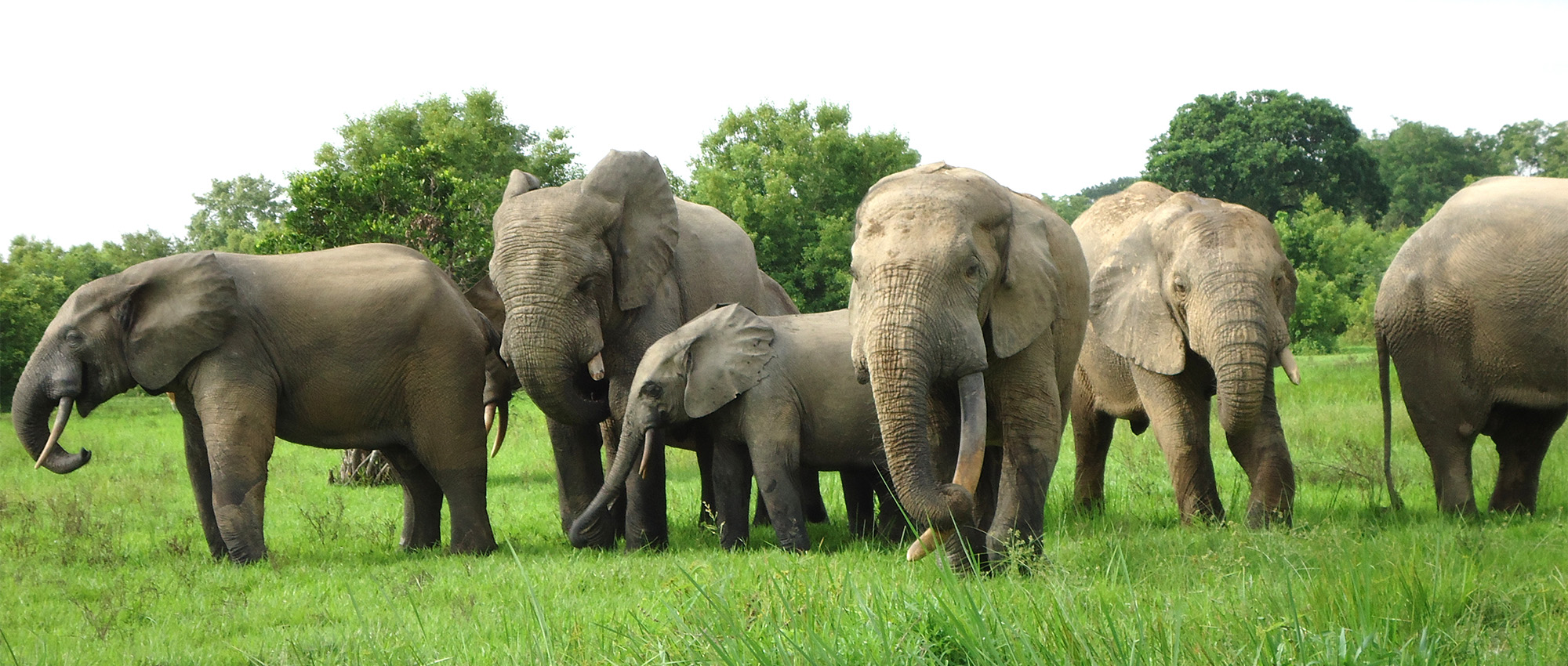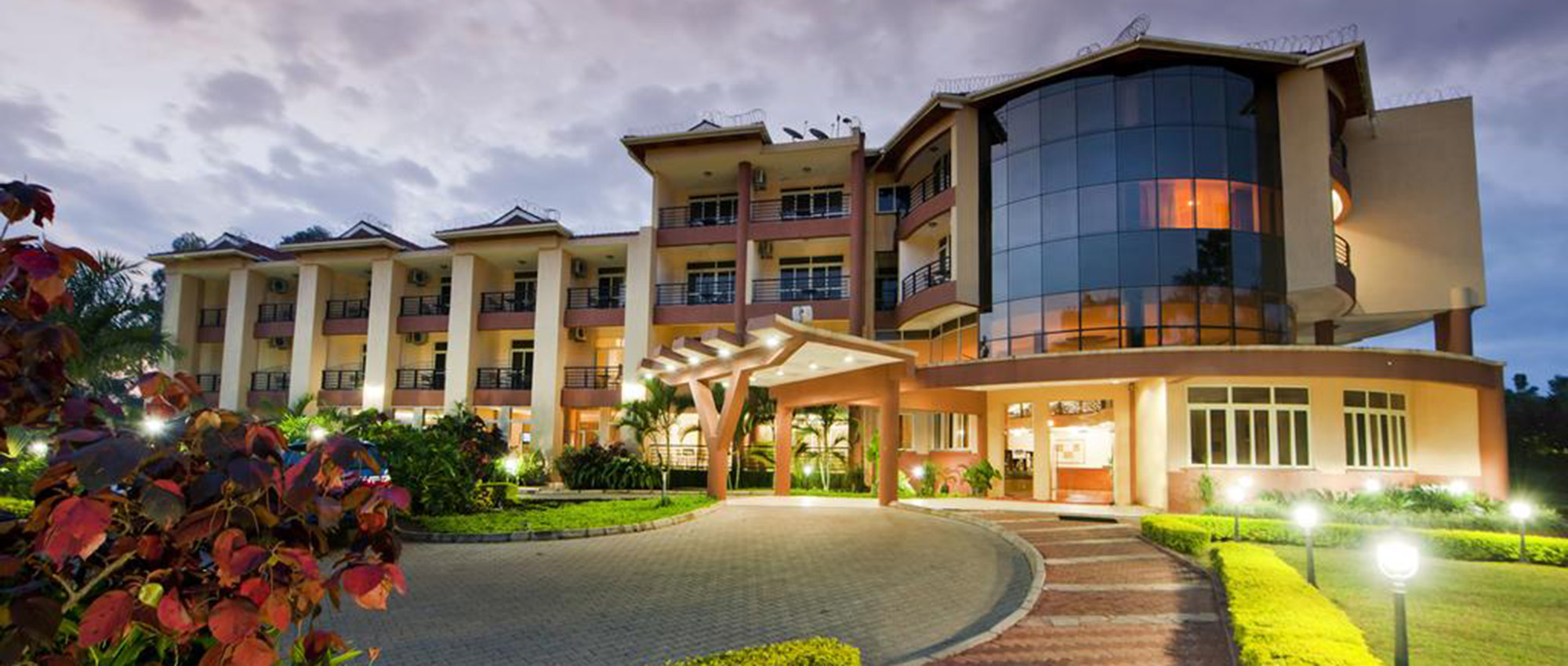Uganda Economic Outlook

The economy has started second quarter on weaker footing after likely slowing notably at the end of first quarter, as Covid-19 dampens domestic activity and foreign demand. In April, business conditions in the private sector deteriorated markedly, with the PMI dropping to a record low amid falling output, new orders and purchasing activity due to lockdown measures. Weaker demand led to firms shedding jobs, which will impact private consumption in the quarter, dragging further on the economy, while the pandemic is likely also affecting exports as global demand diminishes. In addition, the locust infestation continues to weigh on the agricultural sector and poses food security issues. More positively, the government began the gradual lifting of lockdown measures from early May, while the IMF approved USD 492 million in emergency funding and the World Bank announced USD 48 million to tackle the locust infestation.
Uganda Economic Growth
The global pandemic and the locust plague will significantly slow economic growth this year. The double shock will weigh heavily on exports, while Covid-19 will also impact tourism and domestic activity. Fiscal stimulus should cushion the moderation somewhat, but uncertainty over the duration and full impact of the pandemic; sizeable twin deficits; and a growing debt burden pose downside risks. FocusEconomics panelists project growth of 1.6% in 2020, which is unchanged from last month’s forecast, and 5.3% in 2021.
The culture of Uganda
The culture of Uganda is made up of a diverse range of ethnic groups. Lake Kyoga forms the northern boundary for the Bantu-speaking people, who dominate much of East, Central, and Southern Africa. In Uganda, they include the Baganda and several other tribes In the north, the Lango and the Acholi peoples predominate, who speak Nilotic languages. To the east are the Iteso and Karamojong, who speak a Nilotic language, whereas the Gishu are part of the Bantu and live mainly on the slopes of Mt. Elgon. They speak Lumasaba, which is closely related to the Luhya of Kenya. A few Pygmies live isolated in the rainforests of western Uganda.





